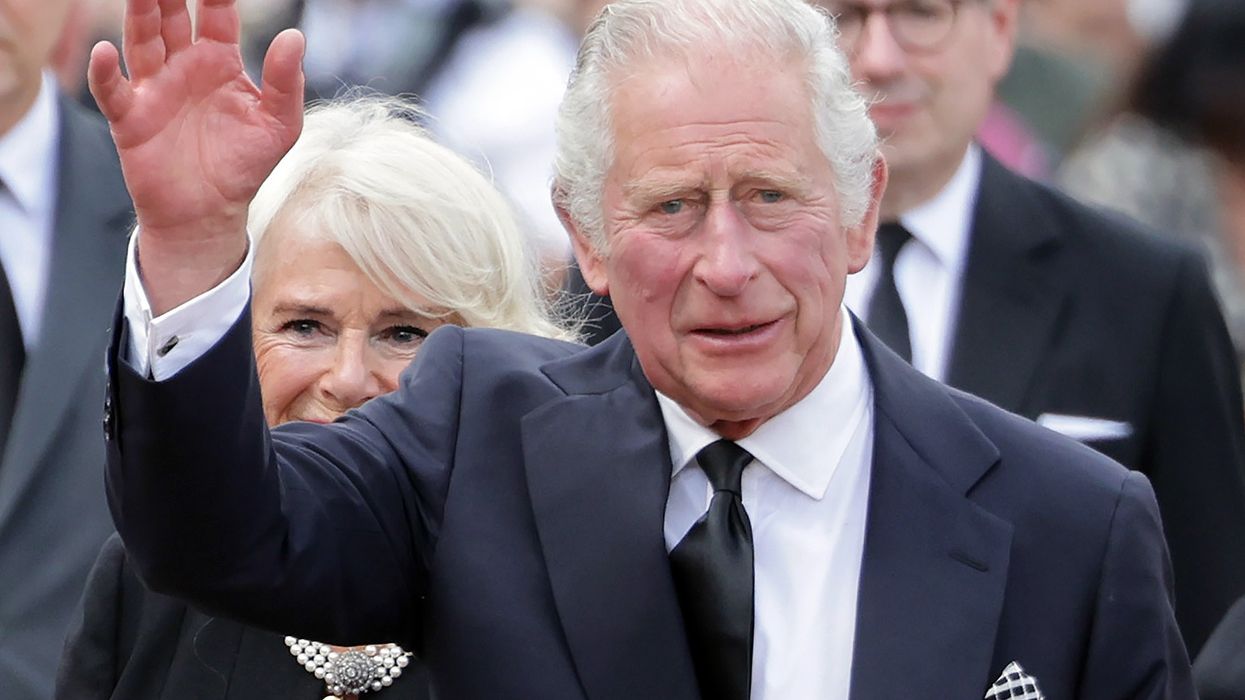From a younger brother tarnished by a sex abuse case to allegations of royal racism, Britain's new King Charles will face several challenges. Here are some of the issues he must deal with:
PRINCE ANDREW
Andrew, second son of the late queen and reputed to have been her favourite child, stepped down from royal duties in 2019 after a disastrous TV interview in which he had hoped to clear his name over his relationship to the late U.S. financier and sex offender Jeffrey Epstein.
In January 2022, he lost his military links and royal patronages and gave up his Royal Highness title. A month later he agreed an out-of-court settlement with Virginia Giuffre, an American woman who had been a victim of Epstein and who had accused Andrew of sexually abusing her when she was a teenager. Andrew denied any wrongdoing and was not accused of criminal wrongdoing.
Charles will now have to decide how to deal with his younger brother, who is still officially the Duke of York, and what public role - if any - he can play in the new reign.
PRINCE HARRY AND RACISM
Charles had long indicated that he intended to slim the monarchy down to his immediate family, his wife Camilla, and the partners and children of his sons Princes William and Harry.
But Harry's decision to move abroad with his American wife Meghan led to them stepping down from their royal roles in 2020, leaving that plan in tatters.
Since then Harry and Meghan have delivered withering criticism of Buckingham Palace, including accusing an unnamed royal and officials of racism and saying Charles and William were "trapped" by the institution.
Harry, whose title is the Duke of Sussex, has spoken of the family division, with relations between him, his father and brother still said to be difficult.
In his first address to the nation as king, Charles signalled a desire for a thaw in relations.
"I want also to express my love for Harry and Meghan as they continue to build their lives overseas," he said in his address on Friday.
POLICE INVESTIGATION
In November 2021, Charles's closest aide and right-hand man for decades, Michael Fawcett, stepped down from his role running his charity, The Prince's Foundation, after allegations that honours were offered to a Saudi national in return for donations.
A few months later, London police said they had launched a criminal investigation into the charity, while other inquiries are being carried out by regulators.
Charles's office has said he had no knowledge of the alleged wrongdoing, but his charity's links to Fawcett and his events company had ended.
In June 2022, the Sunday Times also reported that Charles had accepted 3 million euros ($3.2 million) in cash from a former Qatari prime minister, some of it in shopping bags.
His office said the money was passed to one of his charities and all correct processes were followed. A royal source said large cash donations would no longer be accepted.
The Times reported a month later that the Prince of Wales’ Charitable Fund had accepted money from the family of Osama bin Laden. Charles's office said the decision to accept the money was taken by the charity after proper due diligence, and he had had no involvement.
(Reuters)




